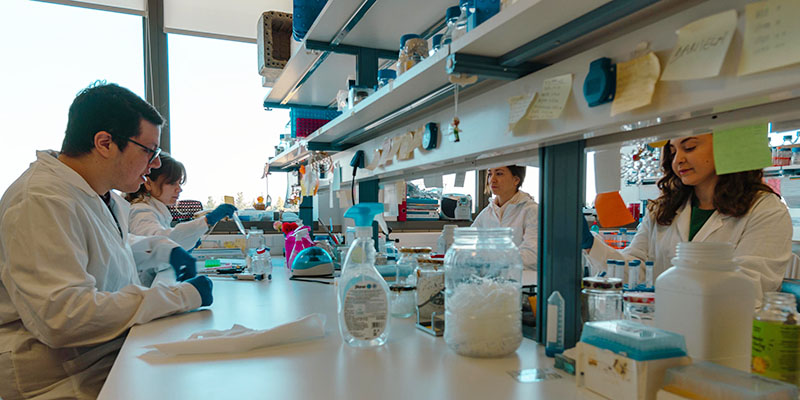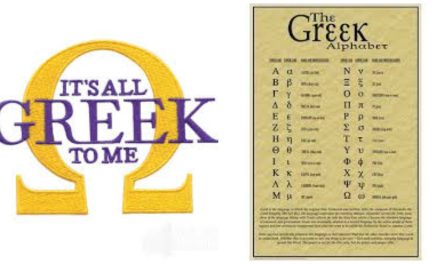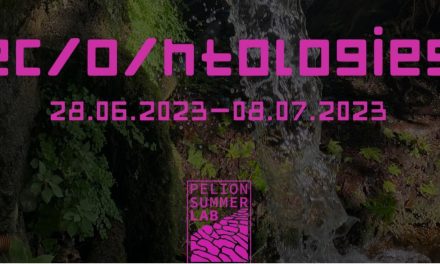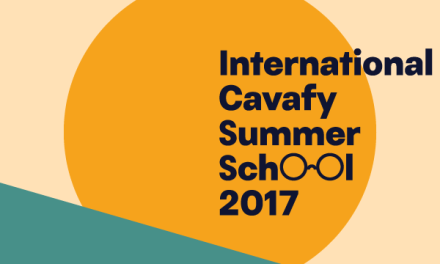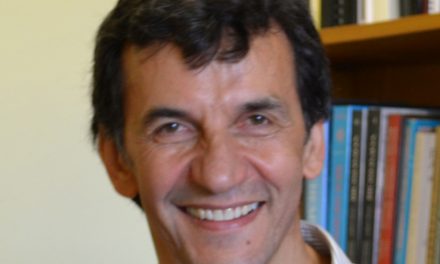The web portal Study in Greece is campaigning for the promotion and international visibility of Greek Universities and the comparative educational advantages of our country. In particular, the campaign focuses on the foreign language study programs that Greek Universities offer to Greek and international students. The initiative is supported by the General Secretariat of Higher Education of the Ministry of Education and Religious Affairs and the General Secretariat for Greeks Abroad and Public Diplomacy of the Ministry for Foreign Affairs. In this context, a number of educational programs and actions are presented in detail on a regular basis, such as undergraduate and postgraduate programs, summer schools etc, to inform international students about the many foreign language options offered by Greek Universities.
Study in Greece interviewed Professor Konstantinos Mathiopoulos, Director of the MSc in Advanced Experimental and Computational Biosciences offered at the University of Thessaly on the program, its features and what it has to offer to international students.
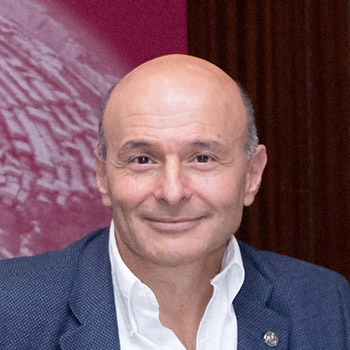
Kostantinos Mathiopoulos is Professor of Molecular Biology in the Department of Biochemistry and Biotechnology at the University of Thessaly and the Director of Graduate Program in Advanced Experimental and Computational Biosciences. Dr Mathiopoulos is working on matters related to Molecular Biology and Genomic analysis of entomological enemies of Agriculture, such as the Olive fly and the Mediterranean fruit fly. His research team studies different aspects of molecular biology, molecular ecology, genetics and genomics of insect pests of agricultural and medical importance, towards the development of safe and environmentally friendly methods.
Mr Mathiopoulos, please tell us what are the primary goals and objectives of the Advanced Experimental and Computational Biosciences master’s program?
The basic concept of our program, Advanced Experimental and Computational Biosciences (AEC), is to promote a “brain switch” to our students, from knowledge acquisition and accumulation to knowledge “dissection” and critical thinking. In a world where knowledge is at the reach of our fingertips, be that our PC or our cell phone, we believe that what makes a researcher is his or her ability to critically consider this knowledge and to envision innovative solutions to problem solving. From the small daily ones to bigger groundbreaking ones. In other words, our aim is to prepare students to enter the world of research, i.e., to prepare them for their PhDs and for a research career in academia or industry. As the title of the program implies, the focus area of AEC is biosciences, particularly regarding the in-depth study of advanced approaches in biochemistry, molecular biology, genomics and bioinformatics, and their applications in health, agri-food and the environment.
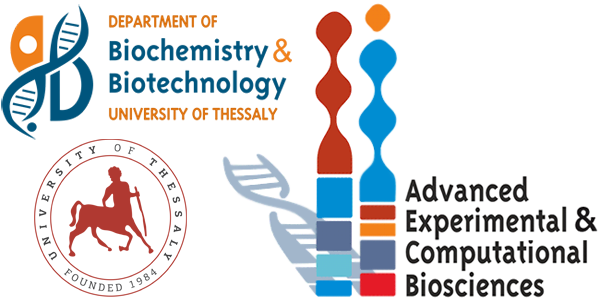
Please explain why an international student should select this MSc given that the program is taught in English.
Among several things, allow me to refer to two unique characteristics of our AEC program. The first one is in regard to our “brain-based learning”, that is, a teaching method that limits lectures and encourages team learning and peer teaching. This is fundamental for the development of critical thinking that is required for research innovation. The second regards the collaboration with three outstanding universities: the University of Edinburgh, McGill University, and Western Sydney University. Faculty from these universities participate in our courses and our students can move to the premises of these Universities to do their theses, without the additional burden of the very expensive tuition fees that these universities require. We’re also in the process of formulating joint degrees with them.
What support services are available for international students to help them integrate into the academic and social life of the university?
The University of Thessaly offers several support services to help international students integrate into academic and social life, particularly at the Department of Biochemistry and Biotechnology:
1. International Relations Office: Provides guidance on administrative and academic issues, visa support, and general orientation.
2. Erasmus Office: Assists exchange students with program-specific queries, housing, and integration into university life.
3. Welcome Week: An orientation program that introduces international students to the university’s facilities, services, and the city.
4. Language Courses: Greek language courses are available to help students with daily communication and integration.
5. Student Mentorship: Local student mentors help international students navigate academic requirements and campus life.
6. Counseling Services: Offers psychological support and counseling to help students adjust to a new environment.
7. Academic Advisors: Faculty advisors in the Department of Biochemistry and Biotechnology provide academic guidance and support.
8. Cultural and Social Activities: Various events and student clubs (theater, cinema, creative writing, music, dance, sports etc) promote cultural exchange and social interaction.
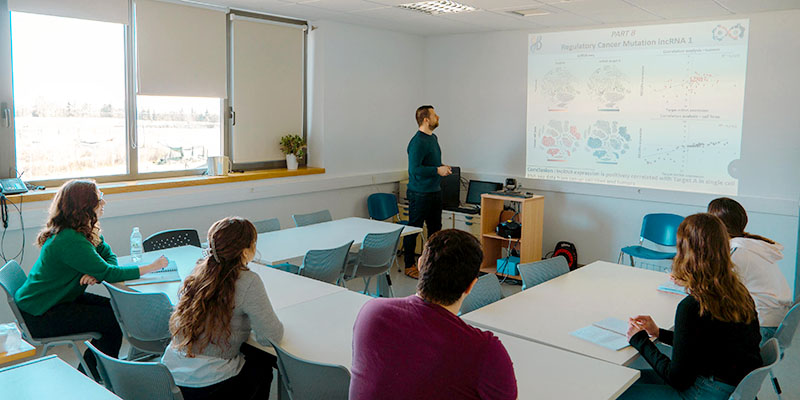
Can students get involved in faculty-led projects or pursue their own research interests?
Part of the AEC curriculum is an experimental or computational thesis. This spans three quarters of the second year, i.e., a semester and a half. Students have the choice among various projects offered by the fifteen faculty members of the Department of Biochemistry and Biotechnology of the University of Thessaly PLUS nineteen more faculty members from our collaborating institutions in Scotland (University of Edinburgh), Canada (McGill University) or Australia (Western Sydney University). I think such a choice is unprecedented, given the fact that our collaborating universities are among the most highly ranked universities in the world.
How does the program keep up with the emerging trends and advancements in experimental and computational biosciences?
The Department of Biochemistry and Biotechnology (DBB) of the University of Thessaly has a very strong research orientation, receiving the second or third (depending on the year) largest competitive funding of all the Departments of the University of Thessaly. This is because DBB’s faculty stay abreast of current scientific developments in all fields of interest. This is reflected in the quality of all courses that are literally renewed every year. In addition, there is a specific course, Journal Club, that runs throughout the first year, where students get together weekly and critically evaluate recent articles in scientific literature. Faculty from all participating institutions take part in Journal Club, guiding students to the current scientific literature.
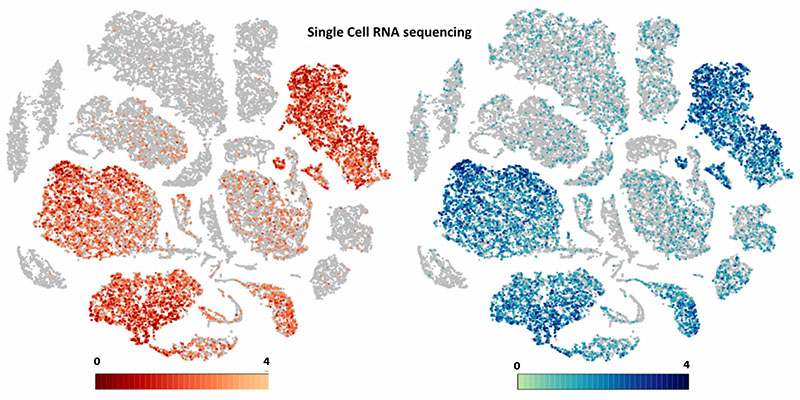
How has the University of Thessaly developed its international collaborations and partnerships, and what impact have these efforts had on the university’s global reputation and opportunities for students and faculty?
The University of Thessaly’s strategic focus on building and nurturing international collaborations has had a substantial positive impact on its global standing. These efforts have created numerous opportunities for students and faculty, enhancing the educational and research environment of the university. It is undeniable that official collaborations (through MoUs) with highly ranked universities of international prestige, such as the University of Edinburgh and McGill University, which are ranked in the top 30 Universities worldwide, have particular impact on our Master’s program, as well as on the global reputation of the University of Thessaly.
TAGS: STUDY IN GREECE

